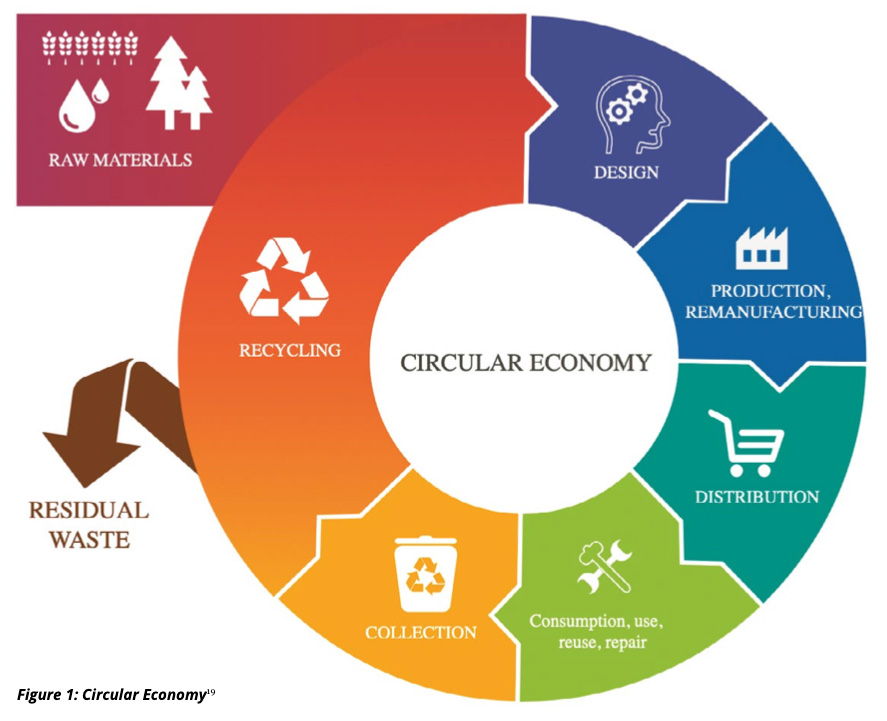Food waste is Global food systems inefficiencies are tackled in this new joint report from WWF and WRAP, which aims to put food systems on target to reach SDG 12.3. In the UK, food waste has already reduced by 27% per person, getting halfway to achieving the UN SDGs, while further action is needed at a global level to accelerate progress.
Many countries could see greater progress towards their Paris Climate Agreement commitments by focussing on food waste strategies. At present, only 15% of the world’s population living in countries that are implementing reductions at scale, showing great opportunities for increased activity. Businesses are faring better. Out of the 50 largest food companies in the world, more than two-thirds are setting targets, with at least one-third actively pursuing actions to reduce waste.
EU-wide measurement of food waste will take place in 2020, providing baseline measures for all member states. These baselines will allow feasible waste reduction targets to be set for 2025 and 2030. This process will line-up initiatives to move EU food policy towards a circular economy, which sees traditional waste streams revalued or re-integrated into the lifecycle of food.

Ester Asin, Director at WWF European Policy Office, said “Reducing food waste seems to be a no-brainer, but we continue to put an impossible strain on our seas and land to produce food that never gets eaten. Such a leaky food system will never be sustainable. The EU must use all levers at hand to make sure that every actor in the food chain gets engaged and takes action.”
Three key areas are highlighted that could benefit food waste management, firstly measurement, secondly valorisation and thirdly voluntary agreements. High-level interventions alongside these areas could provide notable benefits, such as changes to the Common Agricultural Policy, stronger regulation and national food waste strategies.
Research is also beginning to show that there is a robust financial case for prioritising food loss and waste, as well as the well established environmental and social benefits. This makes it a strong action which embraces all three pillars of sustainability as set out by the UN Sustainable Development Goals.
Richard Swannell, Director at WRAP Global, said “There is a real opportunity to make food waste reduction one of the key ways we reduce greenhouse gas emissions and put our food system on a trajectory to a more sustainable future. But time is running out – we must all do our bit, and we must act now.
The EU is implementing policies that will help, particularly by putting measurement at the heart of the strategy. The key next step is to support Member States to act quickly so as to hit the goal of halving food waste by 2030. This report outlines approaches that are proven to work and which will deliver rapid progress.”























